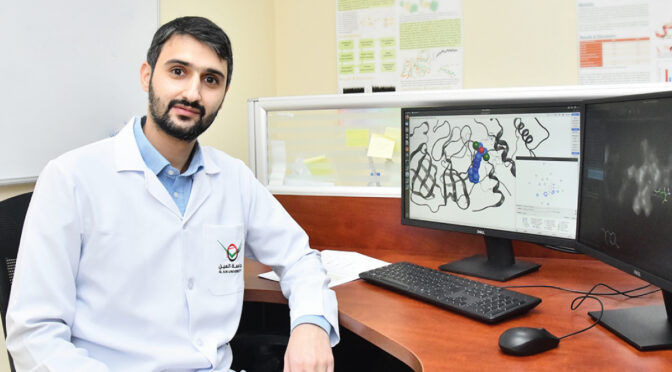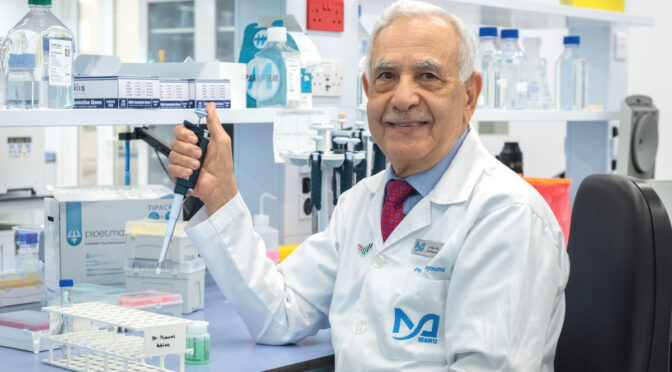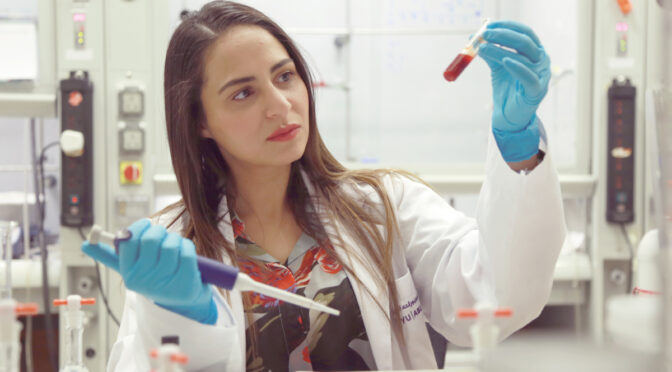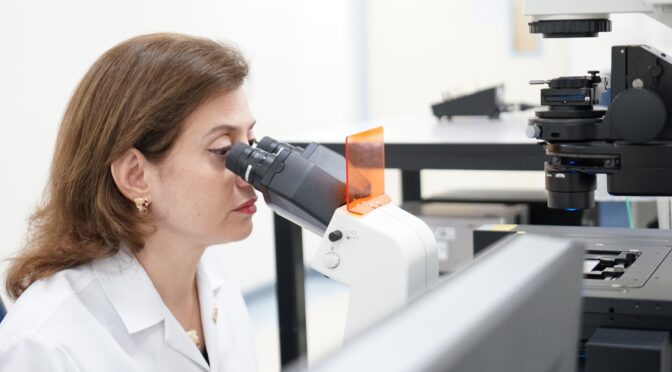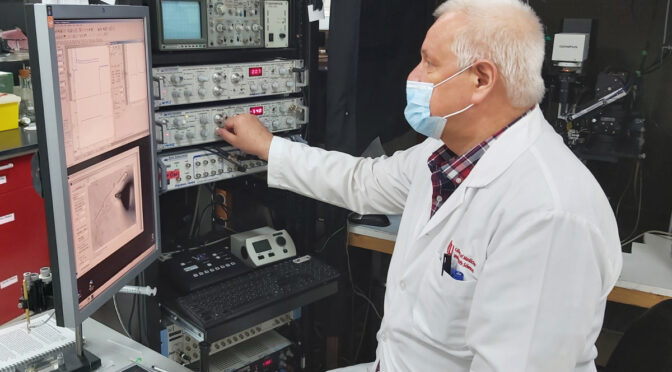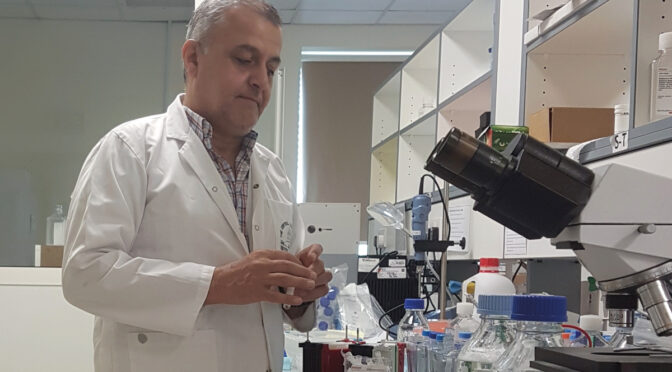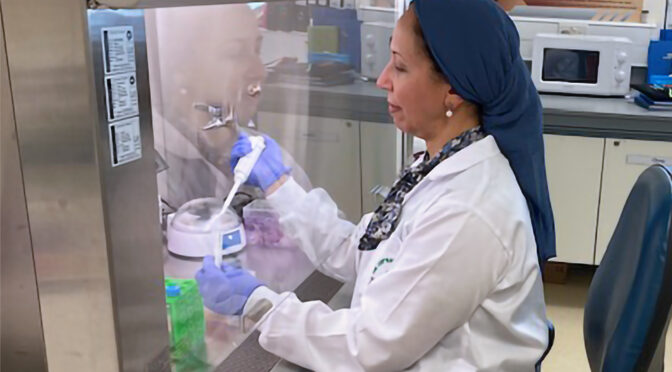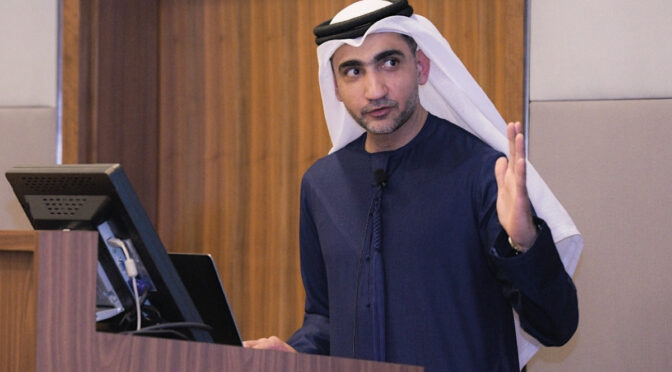مع وجود أكثر من 300 مليون حالة مؤكدة في جميع أنحاء العالم منذ بدء الجائحة، تبدو الحاجة إلى إيجاد علاج فعال ملحة أكثر من أي وقت مضى.
ومن هنا، تسعى مؤسسة الجليلة لدعم الجهود العالمية ضد كوفيد-19 وقد استثمرت الكثير في دراسات وبحوث عدة بالغة الأهمية. وفي حين ساهمت اللقاحات بحل بعض التحديات، لا بد من تطوير مكونات جديدة مضادة للفيروس في ظل متغيرات هذا الأخير التي لا تنفك تتطور، لكي تعمل هذه المكونات بالتوازي مع اللقاحات لوضع حد لهذه الأزمة العالمية.
ويبحث الأستاذ محمد غطاس من جامعة العين في أدوية جديدة مرشحة لأن تشكل علاجات محتملة لكوفيد-19 عبر استهداف أنزيم البروتيز الرئيسي للفيروس. حيث أثبت تثبيط هذا الأنزيم بواسطة جزيء دواء صغير عن كفاءته في إيقاف القدرة الفتاكة للفيروس، وبذلك يصبح هذا الأنزيم هدف الأدوية الأكبر في مجال إيجاد علاج لكوفيد-19.
وقد استعان فريق البحوث بمقاربات حوسبية متقدمة لمسح عدد هائل من الروابط بلغ 3.8 مليون رابط. وتبع ذلك اختبار لـ 57 مركبا لاختبار نشاطها المثبط لأنزيم الفيروس، وقد بيّن اثنان منهما عن نتائج واعدة في تثبيط الأنزيم والعمل كدواء فعال.
وبإمكان نتائج هذا المشروع أن تشكّل أساسا متينا لتطوير أدوية مفيدة لعلاج كوفيد-19 وربما قد توفر أداةً إضافية لوضع حد لهذه الجائحة التي طال وجودها.


